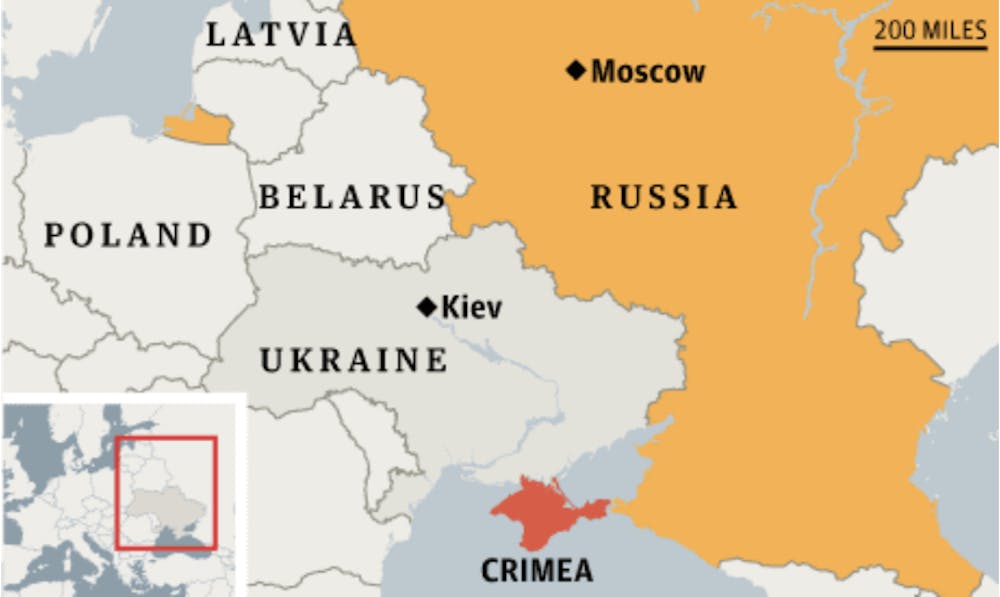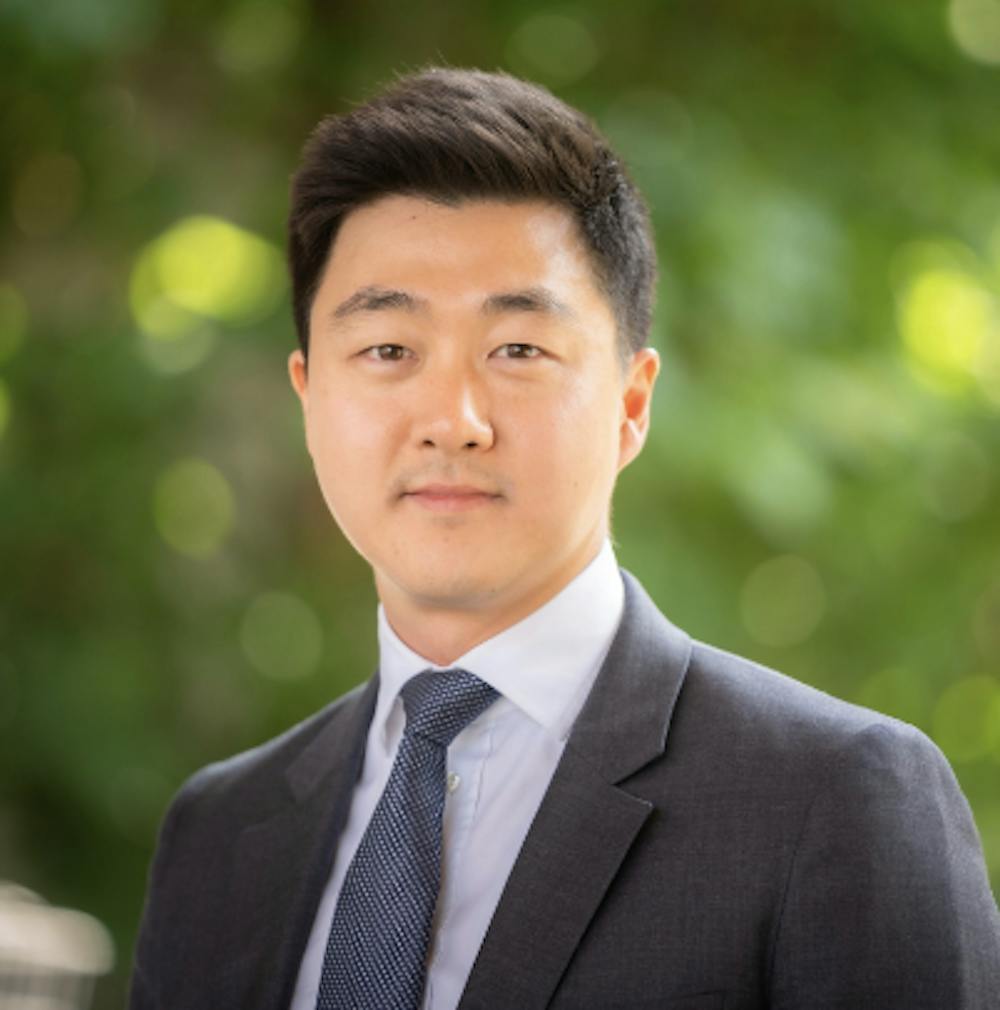By Kaitlyn Bonomo
Staff Writer
The war between Russia and Ukraine is an ongoing development, with new details of invasions and attacks releasing day after day. The resulting crisis in Ukraine means the College’s political science department is conducting education under circumstances more relevant than ever.
Dr. Hyun-Binn Cho is an assistant professor of political science and international studies at the College who has studied international and nuclear security, teaching important courses that relate to the current state of war. With Ukrainian cities facing attacks from Russian forces, such as the bombings on Kyiv, Dr. Cho provided relevant insight into the history regarding this conflict.
“One thing people seem worried about without really having a good understanding is how this might escalate into a broader conflict,” said Dr. Cho. “There is some danger that this could lead to a nuclear conflict, but I agree with most experts that the danger of becoming a nuclear war is quite low.”
Since Ukraine is not a member of the North American Treaty Organization (NATO), the country is not protected by a guarantee of security granted by countries affiliated with the Alliance. Ukraine, however, is considered a partner country of NATO, which prompted the Alliance to call on President Putin to stop his invasion.
Putin has threatened to use nuclear weapons if foreign countries, like the U.S., intervene in the conflict with Ukraine. Given that history is no stranger to a lingering threat of nuclear weapons, the current “fog of war,” as Dr. Cho describes, has a low chance of escalating to nuclear war.
“The United States has reacted quite calmly to Putin’s nuclear threats instead of making it an even bigger issue,” Dr. Cho said. “Given the limited options that the United States has had, it has exercised many of the options available.”

A map of Russia and Ukraine, including the annexed territory of Crimea (theguardian.com).
Having done research on Soviet-Chinese relations, Dr. Cho compared the recent nuclear threats to those made during the Sino-Soviet border conflict in 1969, where similar threats of nuclear weapons were made but never escalated. Similar to how the Sino-Soviet conflict was a territorial dispute, Dr. Cho explained how Russia’s annexation of Crimea in 2014 represented the early days of the tension that exists today.
“This didn’t appear from nowhere, it has been an ongoing issue that Putin has raised for several years now,” Dr. Cho said, regarding the conflict between Russia and Ukraine since 2014. “It really comes down to Putin’s individual desire to get parts of Ukraine into Russia, and not so much in the favor of the Russian people.”
Considering the history of tension between these two countries from the Crimea, political science researchers such as Dr. Cho can map out what causes these conflicts and how they can recede.
“Experts have studied these types of conflicts in the past, and though this is very recent, there have been conflicts that we can learn from in the past,” he explained.
Dr. Cho teaches foreign policy and international security and encourages students to take these classes to become educated on topics like the Russia-Ukraine war.
“We don’t teach answers,” Dr. Cho continued. “It’s more about how you use the tools to think for yourself.”







